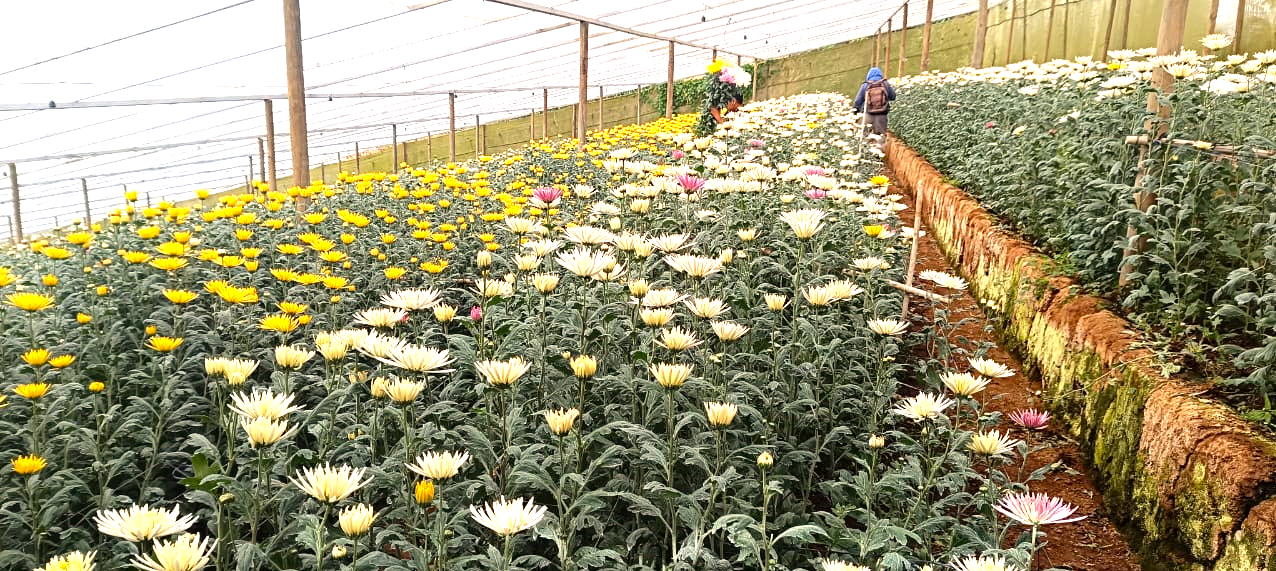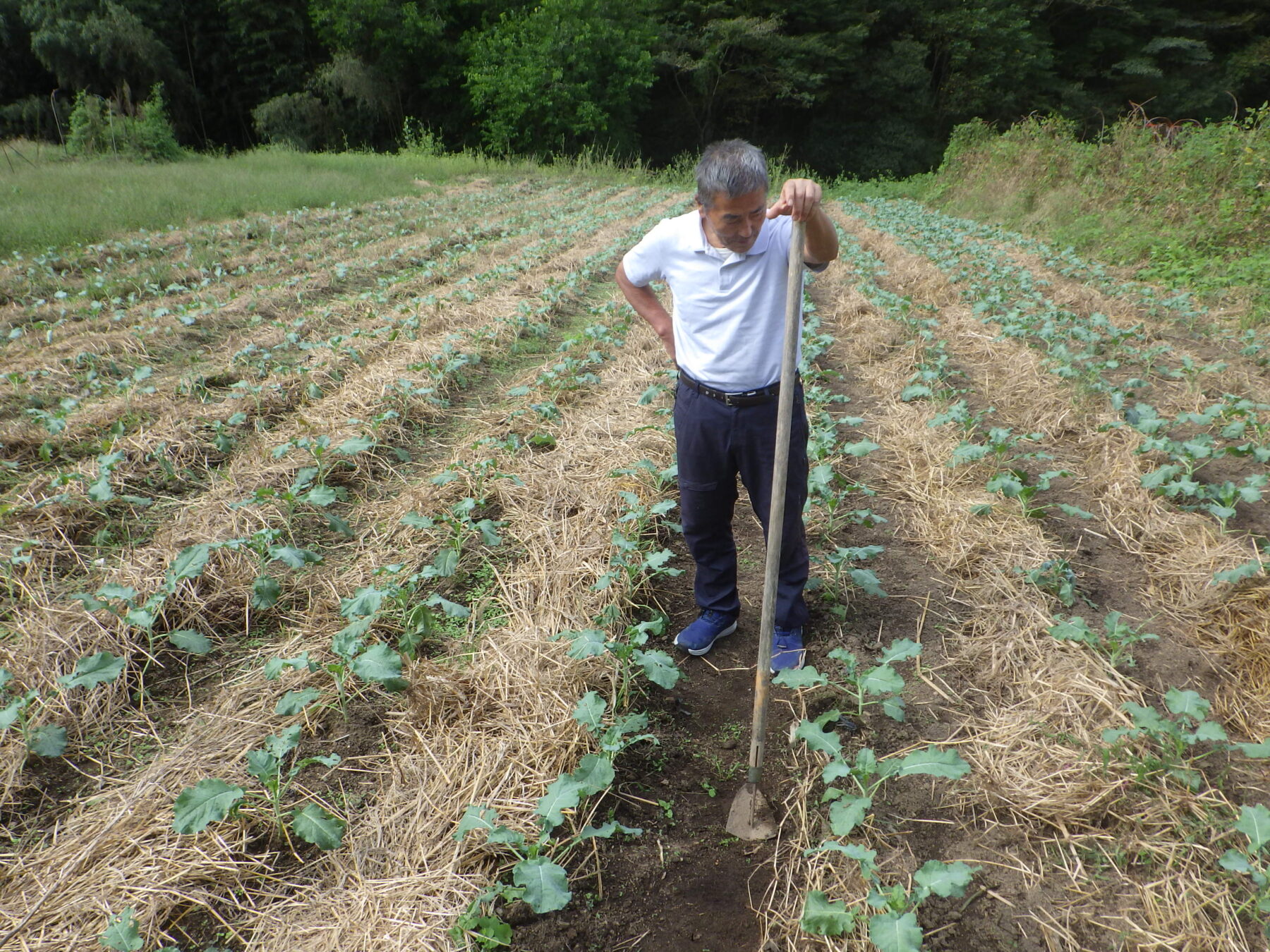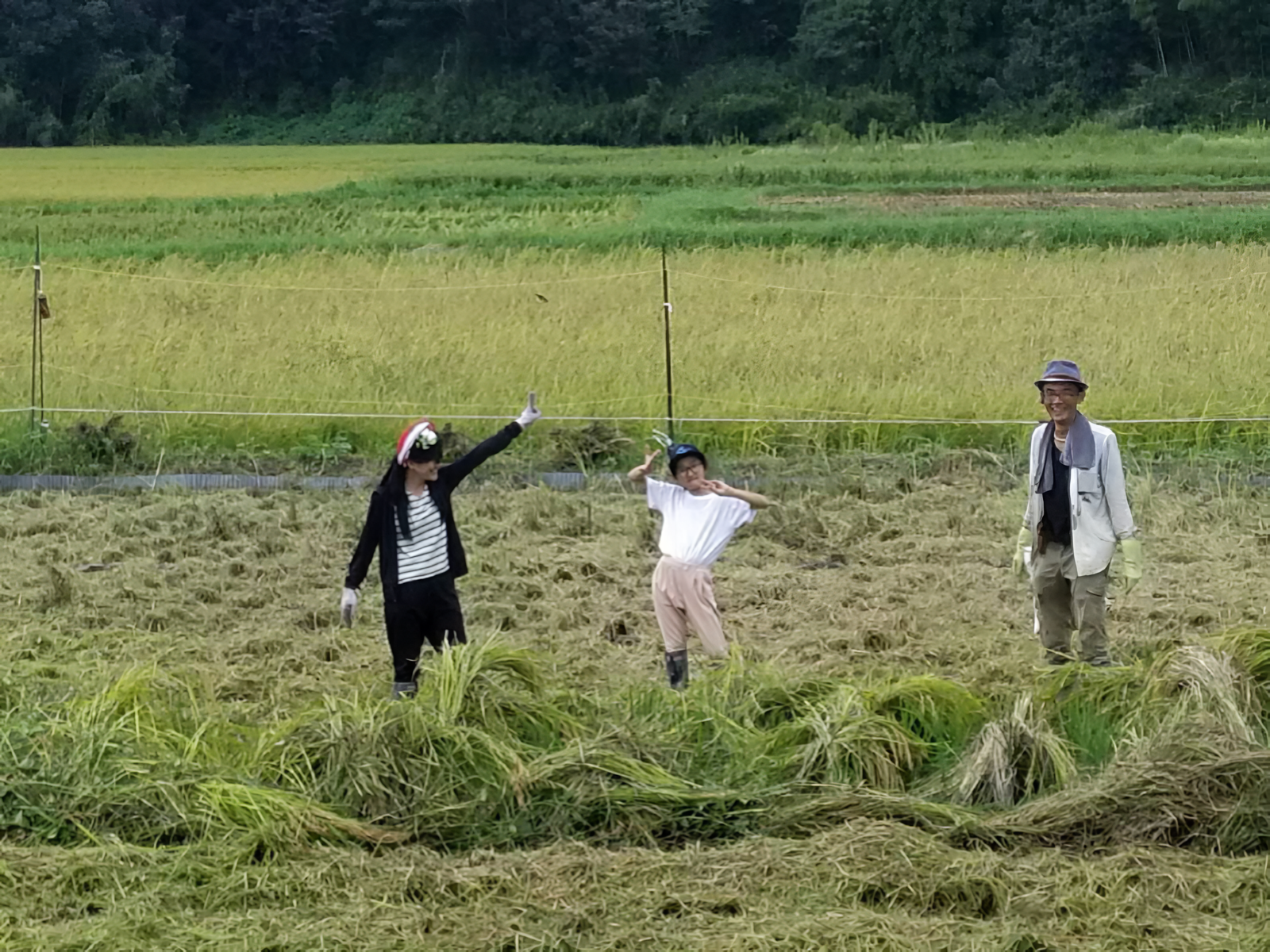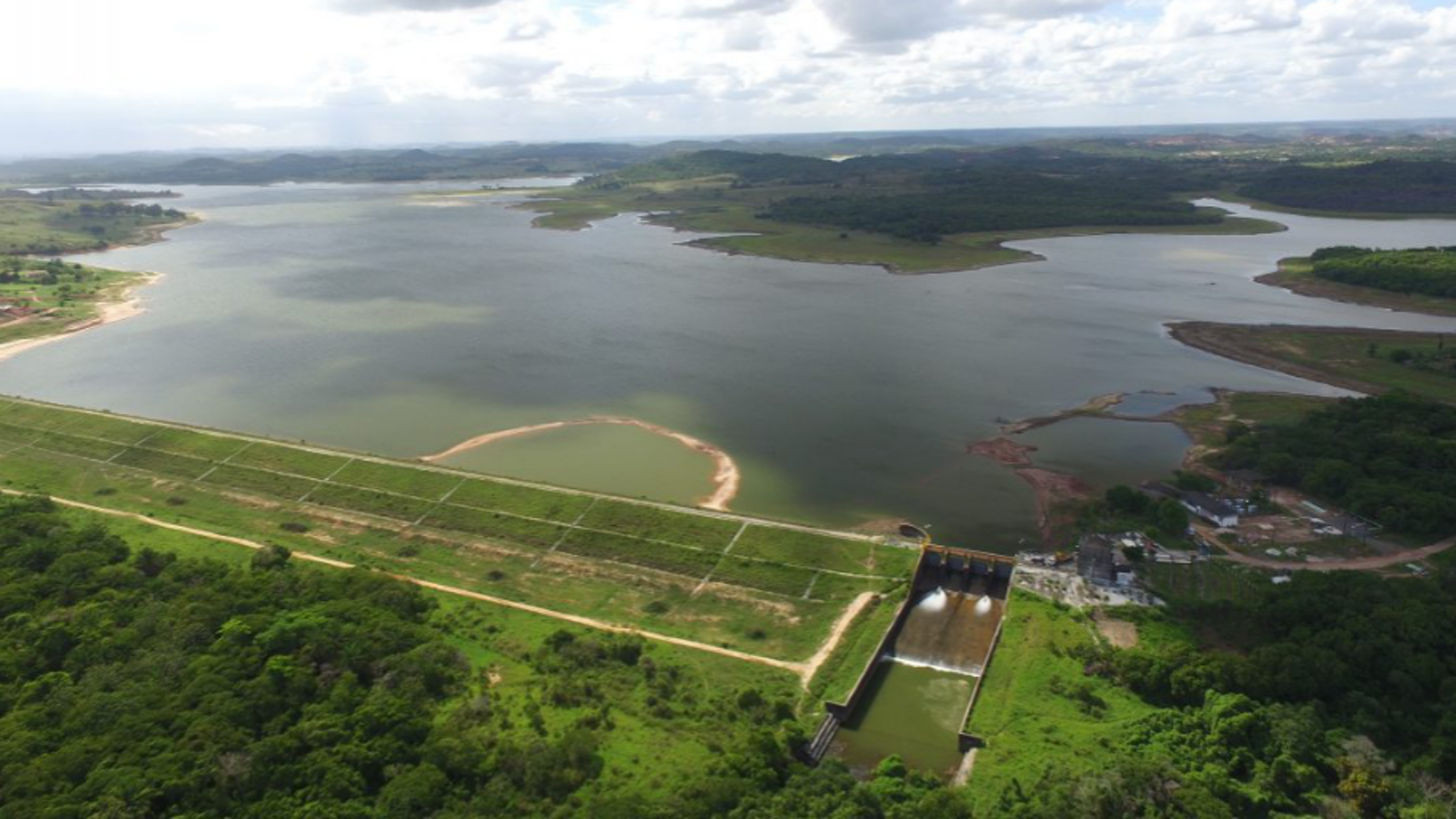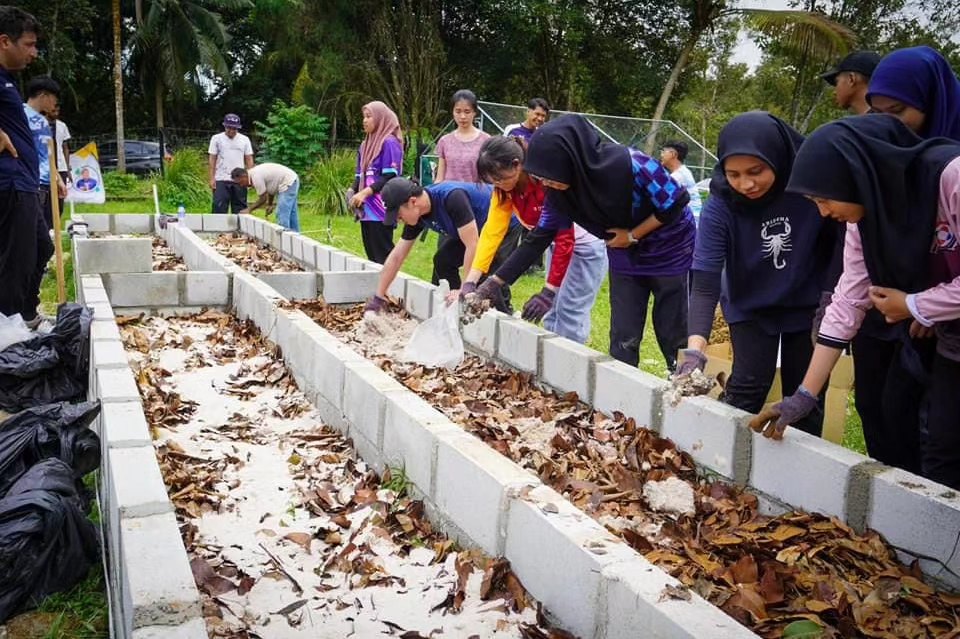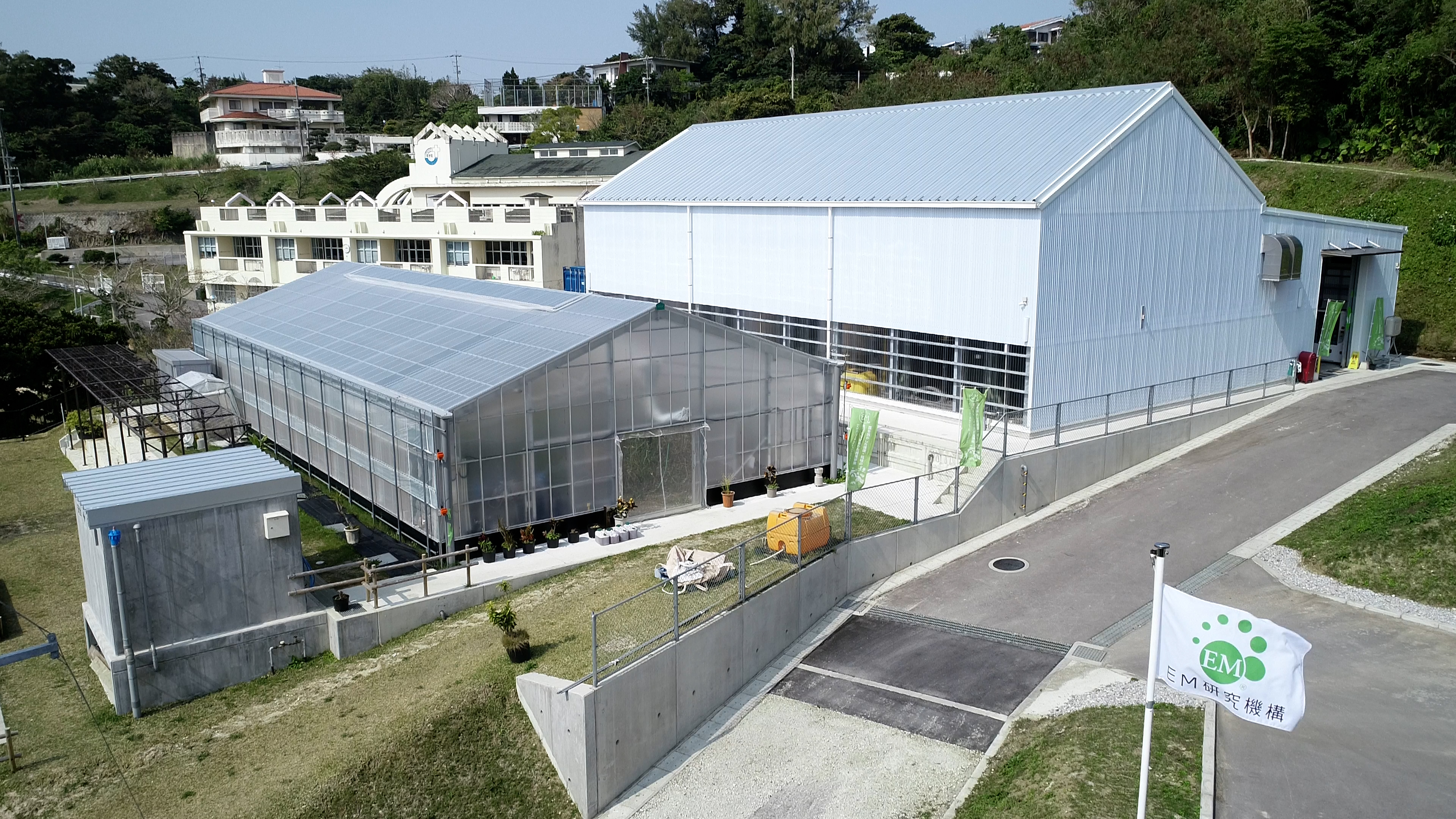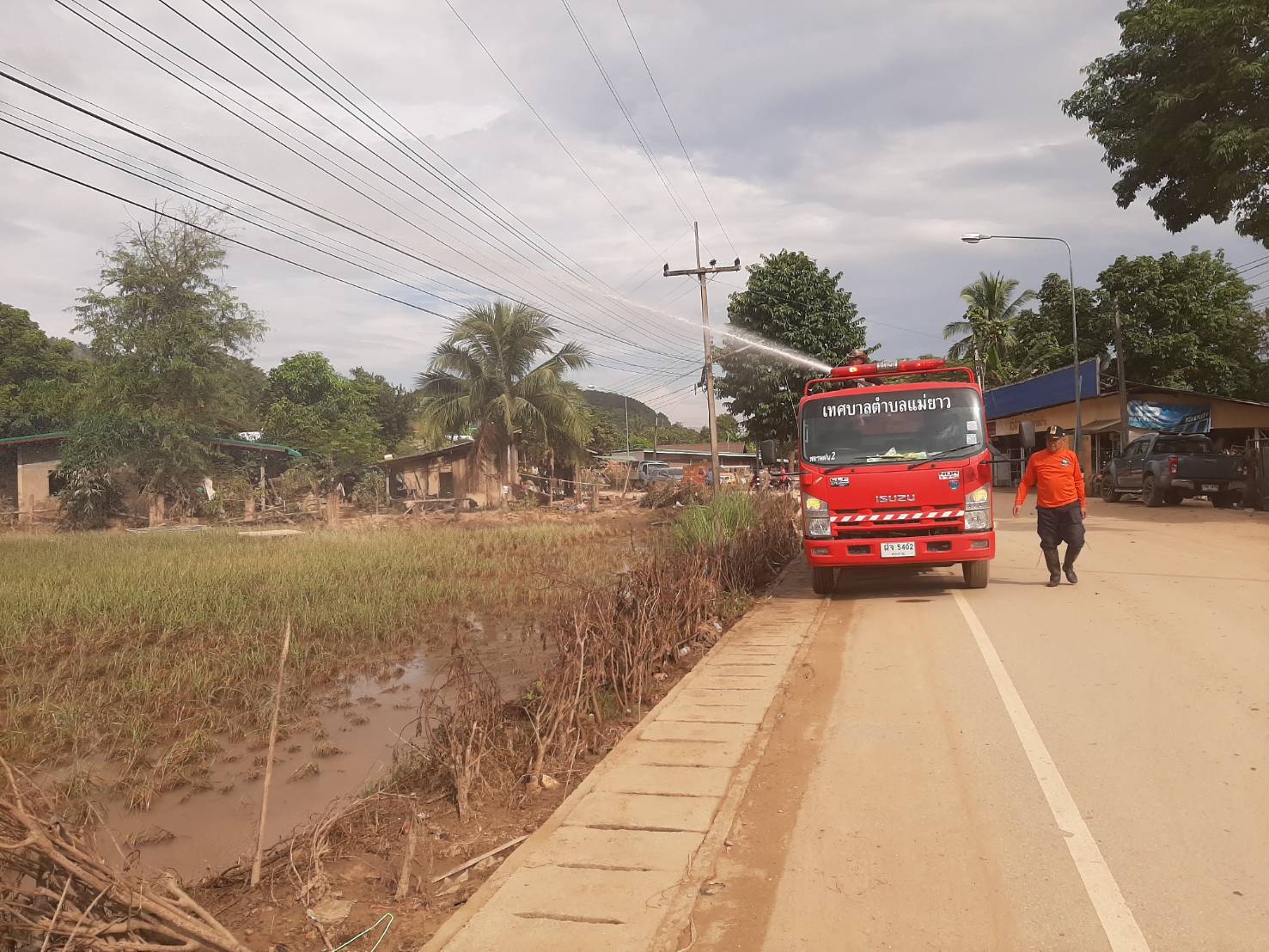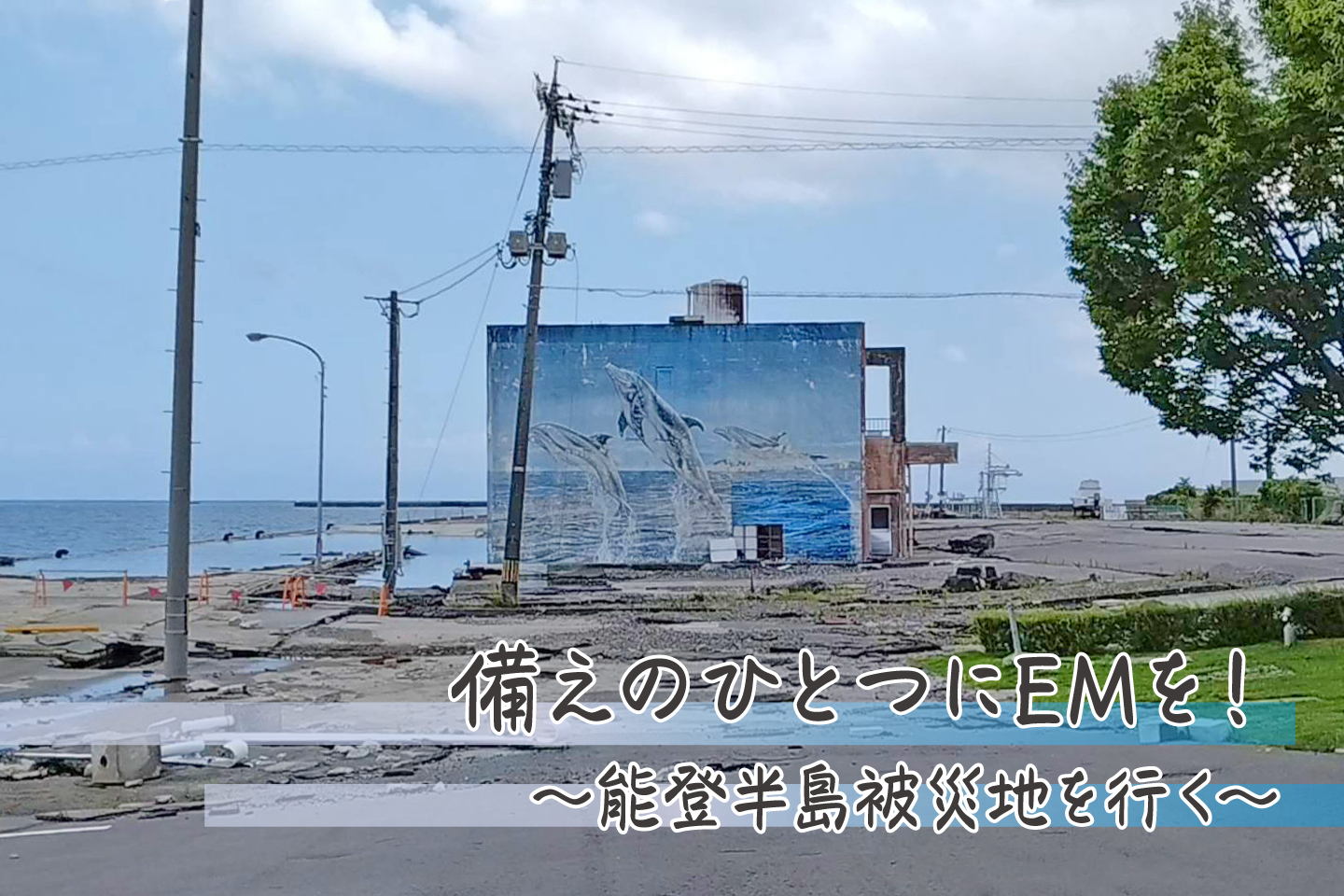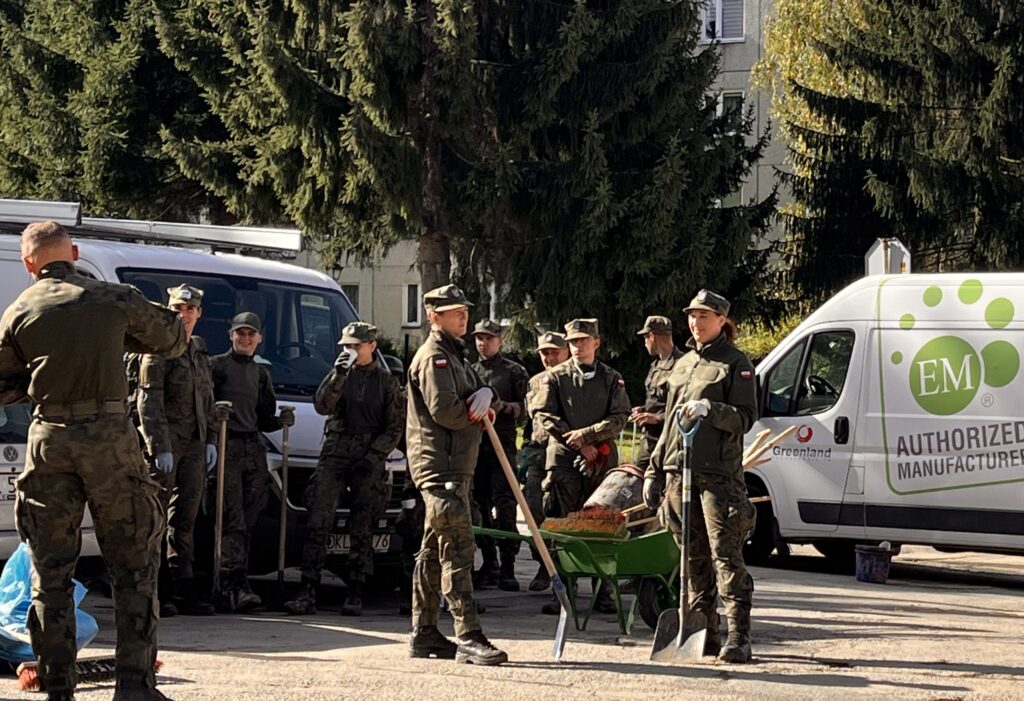Case Studies
Students Participate in Kingdom's Agriculture II
Bhutan
School Agricultural Project was introduced in schools in the year 2000 by the Ministry of Agriculture and Forests along with the Ministry of Education of Buthan to promote sustainable agriculture system applying EM technology.
Today, approximately 100 schools in Bhutan are applying this program for learning the recycled base farming system. (see also Students Participate in Kingdom's Agriculture)
Bhutan Damphu Central School Case
Damphu Central School takes part in the School Agricultural Project introduced in the year 2000 by the Ministry of Agriculture and Forests along with the Ministry of Education of Buthan, to promote sustainable agriculture system applying EM technology.
With approximately 1000 students and 40 teachers, Damphu Central School started with the School Agricultural Project in 2016.
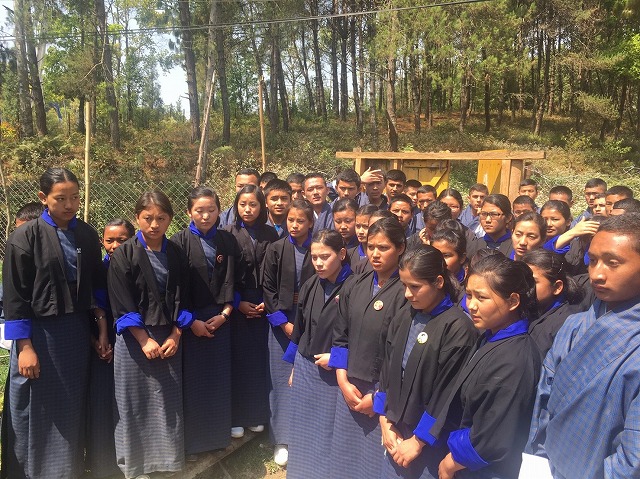
Students learn on how to make Activated EM (AEM), EM Bokashi and how to apply to animal husbandry, agriculture and fish culture.
They are growing approximately 280 layer chickens and mix commercial feed with EM fermented feed. Further, they usually use AEM for drinking water.
Healthy chicken layers produced fresh eggs that do not crumple up even when they are stick with a small pick. They produced approximately, 205 eggs per day.
Eggs are grown for the students’ consumption and the remaining production is destine for sale.
Today, approximately 100 schools in Bhutan are applying this program for learning the recycled base farming system. (see also Students Participate in Kingdom's Agriculture)
Bhutan Damphu Central School Case
Damphu Central School takes part in the School Agricultural Project introduced in the year 2000 by the Ministry of Agriculture and Forests along with the Ministry of Education of Buthan, to promote sustainable agriculture system applying EM technology.
With approximately 1000 students and 40 teachers, Damphu Central School started with the School Agricultural Project in 2016.

Students learn on how to make Activated EM (AEM), EM Bokashi and how to apply to animal husbandry, agriculture and fish culture.
They are growing approximately 280 layer chickens and mix commercial feed with EM fermented feed. Further, they usually use AEM for drinking water.
Healthy chicken layers produced fresh eggs that do not crumple up even when they are stick with a small pick. They produced approximately, 205 eggs per day.
Eggs are grown for the students’ consumption and the remaining production is destine for sale.
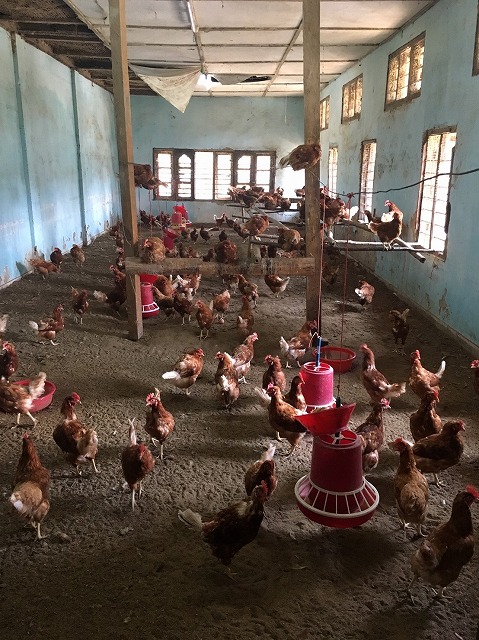
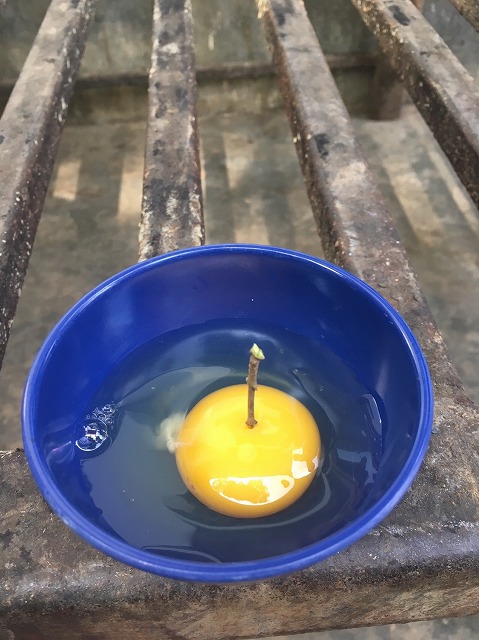
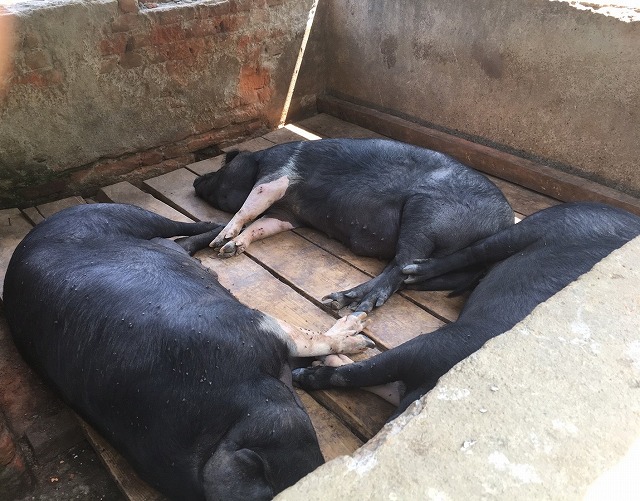
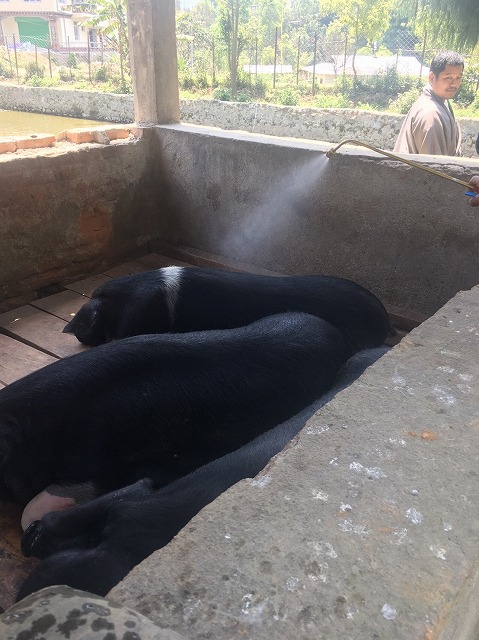
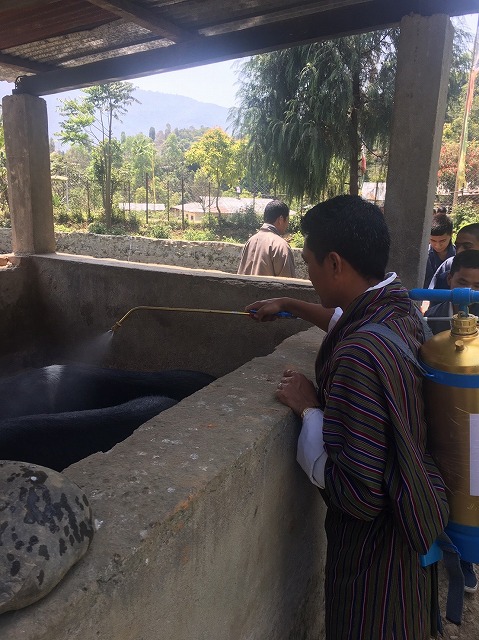
Fish Culture Pond
The fish culture pond covers 1,600m2 and grow a total of 9,000 fishes of grass carp and tilapia. They made about 2700 EM Mudballs to apply in the pond along with AEM and they said that odors has gone and water has been cleared.
The fish culture pond covers 1,600m2 and grow a total of 9,000 fishes of grass carp and tilapia. They made about 2700 EM Mudballs to apply in the pond along with AEM and they said that odors has gone and water has been cleared.
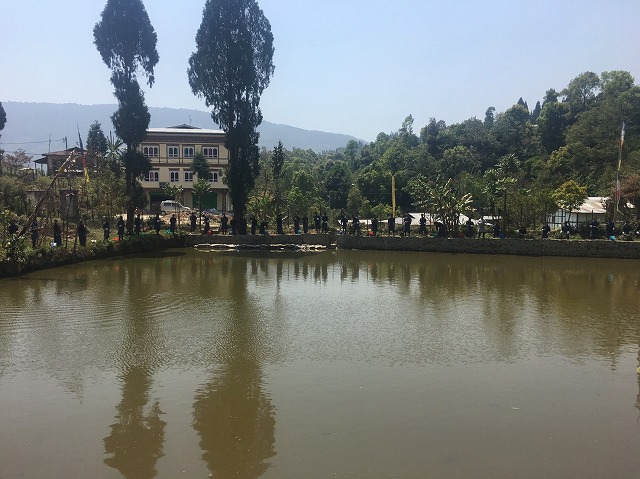
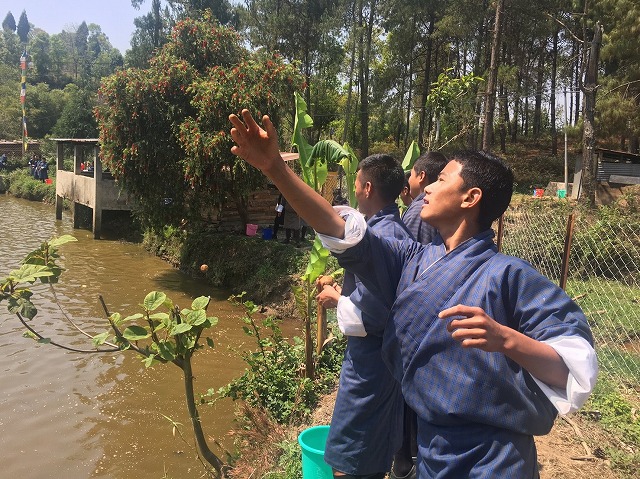
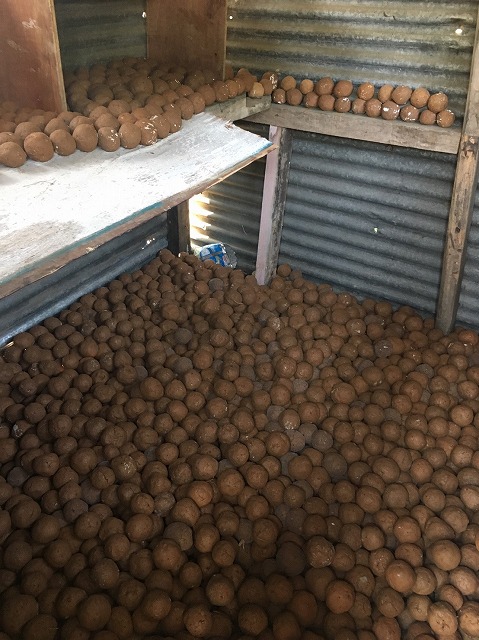
Agriculture
The farmland occupies an area of 4 acre where students has their practical lessons.
Each class is in charge of one farm.
There are 26 classes for students of 1st to 4th grade and commonly they cultivate beans, maize, green leaf, cabbage, potato, pumpkin, cucumber, okra and others.
Teachers said that for pumpkin only students has been harvesting more than 5,000 kg of pumpkin.
The farmland occupies an area of 4 acre where students has their practical lessons.
Each class is in charge of one farm.
There are 26 classes for students of 1st to 4th grade and commonly they cultivate beans, maize, green leaf, cabbage, potato, pumpkin, cucumber, okra and others.
Teachers said that for pumpkin only students has been harvesting more than 5,000 kg of pumpkin.
Dekiling School LSS Case
Bhutan government has donated 100 trees of moringa to Dekiling School LSS.
Students as a part of the School Agricultural Project, make EM compost since three years ago.
They are in charge of grow moringa trees, process and produce moringa tea.
The harvested moringa leaves are dried for maximum one day and then roasted before packing and sale.
Profits of moringa tea are destine to support educational programs for students.
Bhutan government has donated 100 trees of moringa to Dekiling School LSS.
Students as a part of the School Agricultural Project, make EM compost since three years ago.
They are in charge of grow moringa trees, process and produce moringa tea.
The harvested moringa leaves are dried for maximum one day and then roasted before packing and sale.
Profits of moringa tea are destine to support educational programs for students.
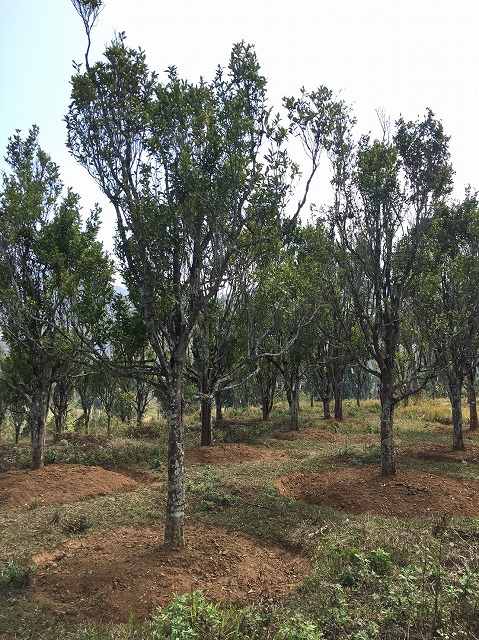
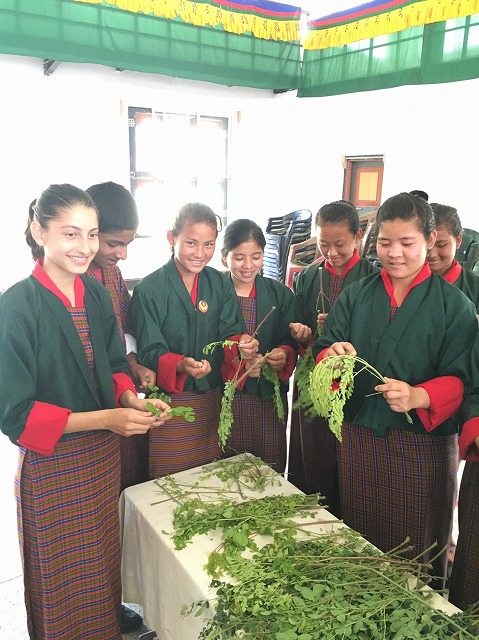
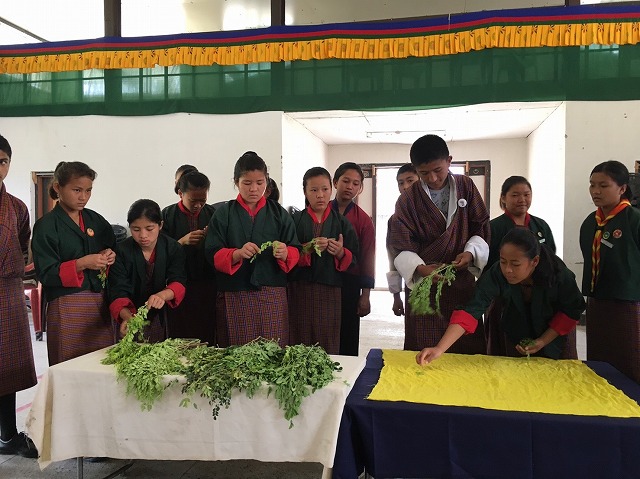
Prof. Higa in the Textbooks
The Ministry of Education has published textbooks on sustainable agriculture for the students with explanations on EM Technology and EM developer, Prof. Teruo Higa. At the end of the chapter on EM Technology, the textbook has a discussion task to deepen the understanding of EM application.
The Ministry of Education has published textbooks on sustainable agriculture for the students with explanations on EM Technology and EM developer, Prof. Teruo Higa. At the end of the chapter on EM Technology, the textbook has a discussion task to deepen the understanding of EM application.
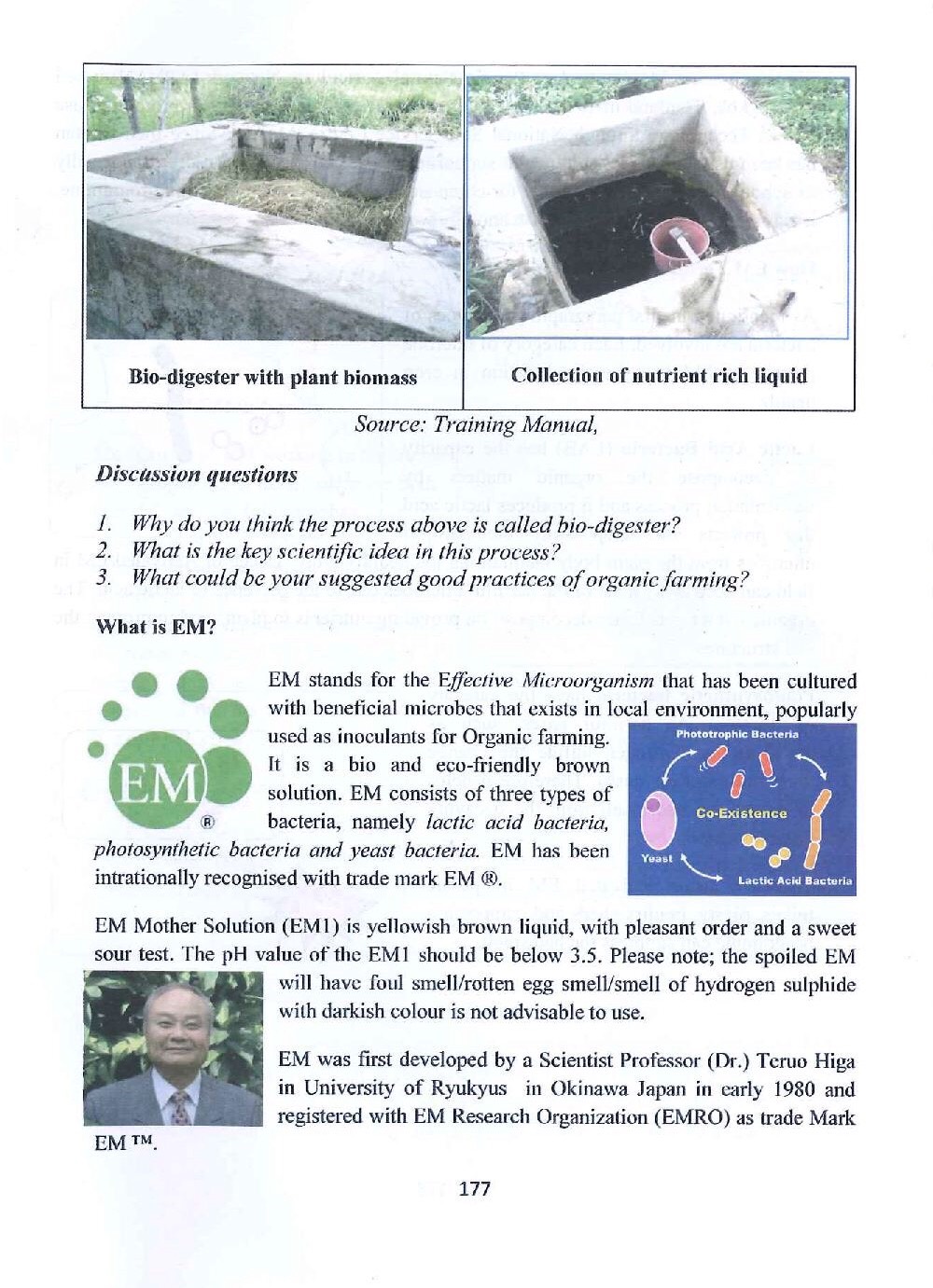
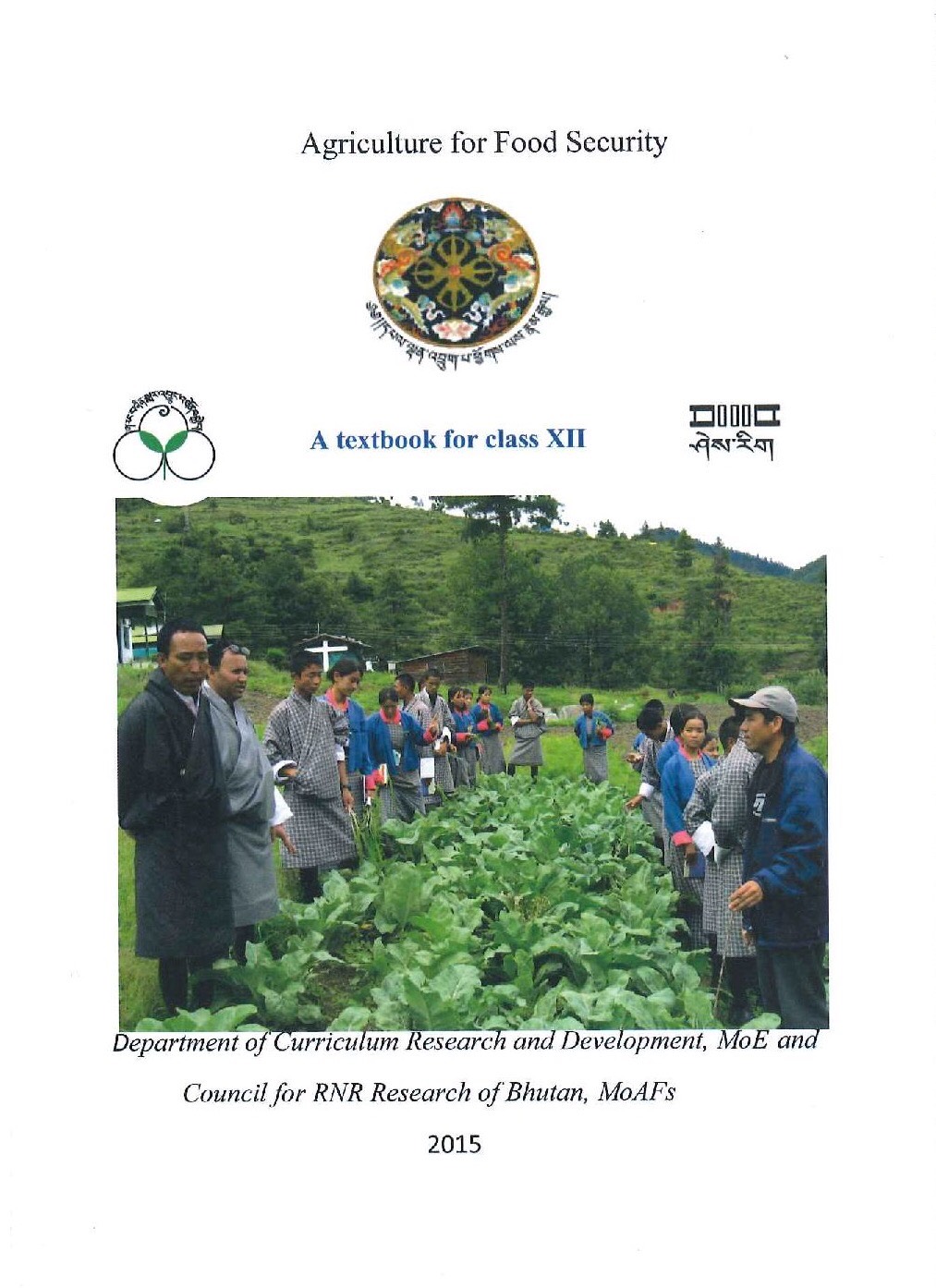
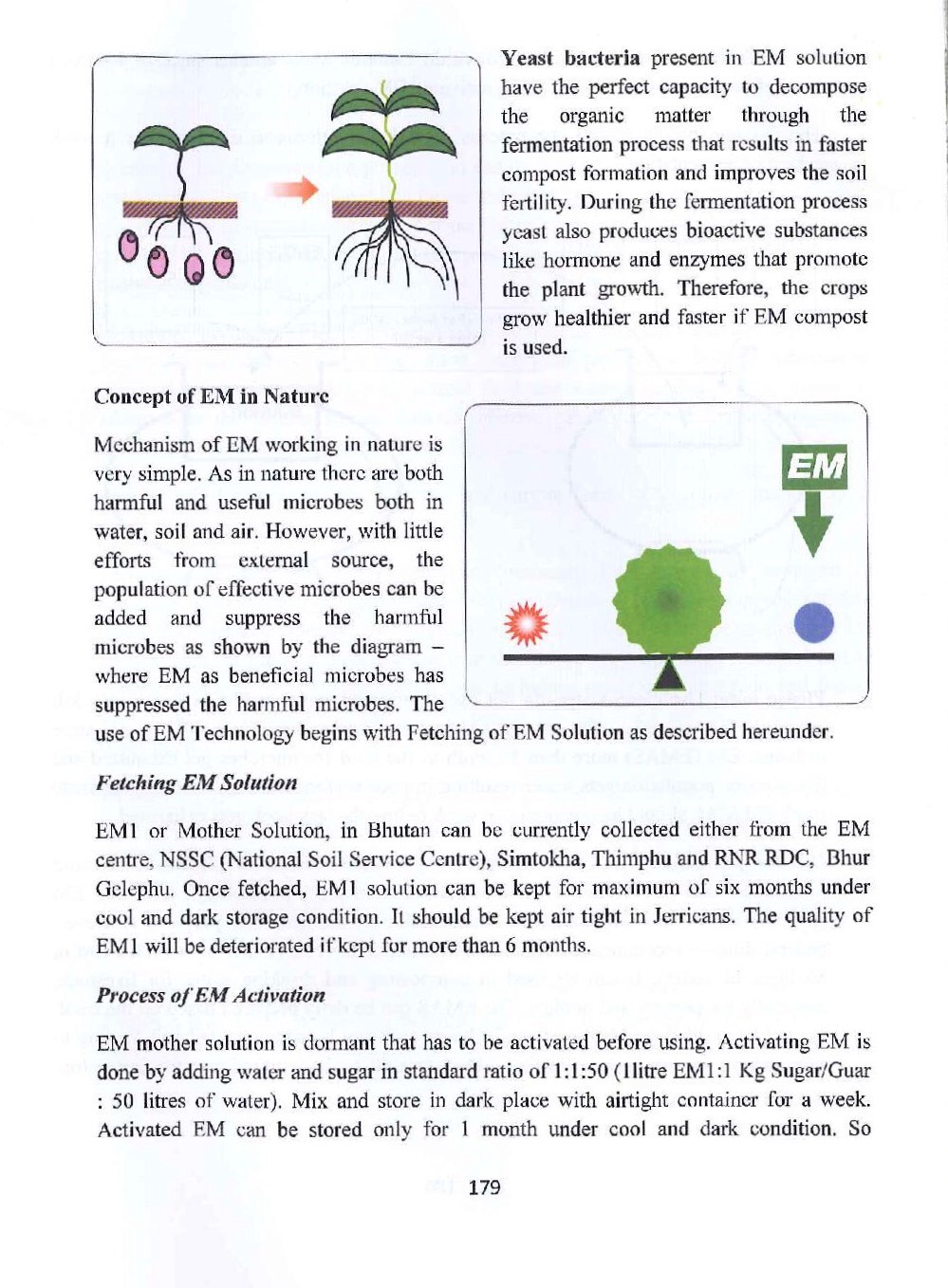
For further information, please contact our partner in Bhutan at:
Council for RNR Research of Bhutan (CoRRB),
Ministry of Agriculture, Royal Government of Bhutan
Post Box: 1095, Thimphu Bhutan
Tel: +975-02-321142 / +975-02-323765 / +975-02-326146
email: raibb@yahoo.com
